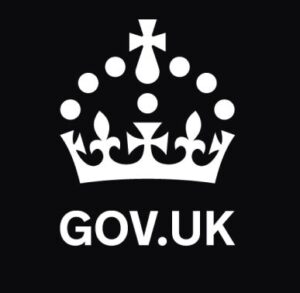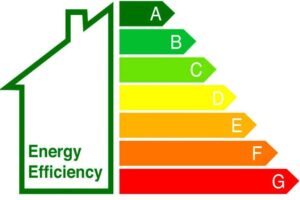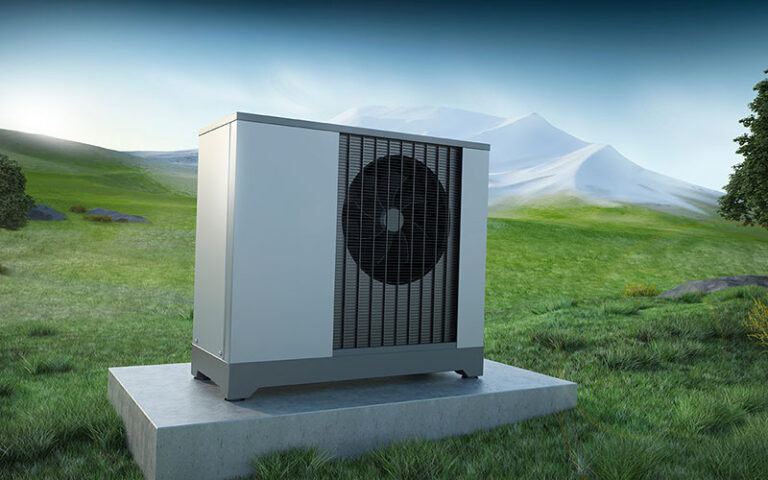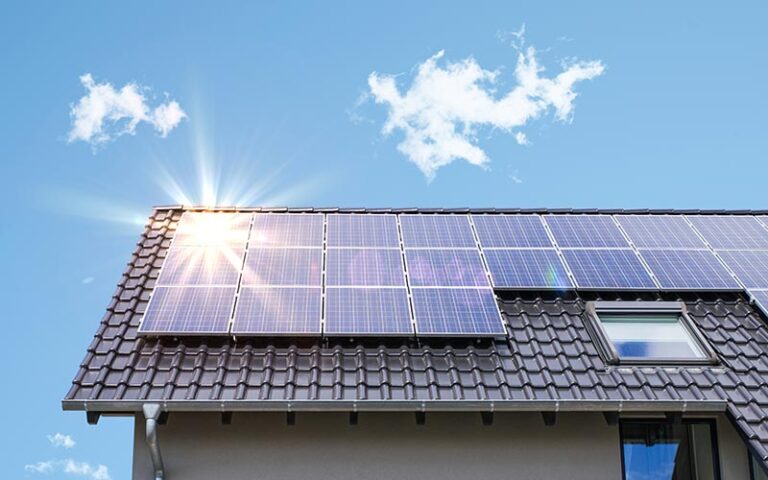Qualify For A Government Grant? Latest Grants 2026
New Boiler Grants:
Government Grants for New A rated Boilers are available now. Huge energy efficiency savings and lower bills can be achieved by upgrading your boiler. Condensing and combi boilers too may well be eligible for a government grant in your area for your home, as a home owner or tenant.
The Government is keen for every home to improve their boiler efficiency. Free grants for boiler replacement are one of the ways available to many.
Eco 4 Scheme Boiler Grant:
ECO4 is a government grant initiative offering the financial help needed to ensure homes can become more energy efficient. By providing financial help for a new boiler. Homes will benefit from amore efficient heating system and a much improved EPC rating.
It is worth noting that this grant EC04 scheme is not just limited too new boilers. There are also other home improvements available that are funded through this government scheme.
Whatever your circumstances, from gas, LPG to oil boiler, we can check your grant eligibility for a replacement boiler near you. Simply complete the no obligation eligibility checker and we shall come back to you with you options.
Rural Grants Energy Grants:
The big six energy companies are funding these grants. These companies are under a contractual obligation to reduce their carbon emissions. You do not need to be a customer of one of these companies to be eligible for the grant. Whether a Homeowner or a Privately Renting Tenant a Government Grant financial assistance for heating upgrades may well be applicable to you.
New Boiler Grants | Eco 4 Grants
Free Cavity & Loft Insulation Grants:
Loft Insulation Grants, Cavity Wall Insulation Grants are all available under the ECO4 Grant Scheme. If your property you reside in currently has a D or lower EPC rating you may well by eligible for a home insulation grant. This can apply to private renters as well as homeowners too.
Loft Insulation Grants:
The loft in your home can be one of the easiest places to begin to make huge energy efficiency savings. Grants for the full cost of insulating your loft may well be available. Protect yourself from potential escalating energy prices and have a naturally warmer home in winter and cooler in summer.
Cavity Wall Insulation Grants:
Cavity wall insulation can also offer a huge energy saving. You may not be aware whether your home has cavity wall insulation. Our Free Site Survey can check this for you. Cavity wall insulation works by trapping in the warmer air and leaving the cooler damp air outside. About 35% of all heat loss from takes place through external walls. Most homes built after 1920 have twin exterior walls with a narrow cavity between them.

Who is Funding ECO4 Grants?
EC04 Grants are funded by energy companies providing these grants. These companies are under a contractual obligation to reduce their carbon emissions. You do not need to be a customer of one of these companies to be eligible for the grant. These companies include:
British Gas, E, E.ON, Ecotricity, EDF, ESB Energy, Octopus Energy, Outfox The Market, OVO Energy, Scottish Power, Shell Energy, SO Energy, The Co-Operative Energy, The Utility Warehouse, Utilita Energy.
Whether a Homeowner or a Privately Renting Tenant a Government Grant financial assistance for heating upgrades may well be applicable to you.
Who is Eligible For EC04 Grants?
Homeowners, Privately Rented Tenants may all be eligible across the UK for an ECO4 Grant. Once you complete our free grant eligibility checker we can advise of all of the government grants and financial assistance schemes available to you.

Renewable Energy Grants:
Government grants are currently on offer for Solar Panels, Solar Heating & Hot Water, Heat Pumps as well as Biomass Heating.
Solar Panels Grants & Funding:
Solar panels can offer a a huge cost saving on energy for your home as well as giving you some energy independence. Some advantages of solar power include renewable energy, reduced electric bill, energy independence, increased home resale value, long term savings and low maintenance.
Various Grants for solar power may soon be offered as well as supplier installed funding options. Contact Us to check your eligibility and solar power funding including local council grants near you.
Heat Pump Grants & Funding:
Huge government grants are available for both air source and ground source heat pumps across the UK. This is funded through the boiler upgrade scheme that we can process and arrange for you. The Boiler Upgrade Scheme (BUS) supports the decarbonisation of homes and small non-domestic buildings in England and Wales. The scheme provides upfront capital grants of up to £7,500 to encourage property owners to replace existing fossil fuel heating with more efficient, low carbon heating systems including heat pumps and biomass boilers.
The aim of this scheme is to incentivise and increase the deployment of low carbon heating. This scheme is part of a wider package of policies we are introducing to scale up heat pump deployment and support industry to reduce the costs of heat pumps.
Air Source Heat Pump Grants:
Air Source Heat pumps are a form of renewable energy technology which take the warmth from the air outside (even when it’s quite cold) and use it to heat the home. There are two types of air source heat pump.
Air-To-Water systems heat water which is then circulated around the home via radiators or an underfloor heating system. They can also be used to heat water in a storage tank for the bathroom or kitchen.
Air-to-air systems typically use fans to circulate warm air around the home and cannot be used to heat water.
With the government grants that are available through the Boiler Upgrade Scheme the install costs can partially or fully recouped subject to survey. Grants of up to £7500 are available for the supply and fitting of new installations. Grants cannot be applied for retrospectively towards existing systems.
Ground Source Heat Pump Grants:
Ground Source heat pumps (GSHPs) use pipes that are buried in the garden to extract heat from the ground. This heat can then be used to heat radiators, underfloor, or warm air heating systems and hot water in your home



